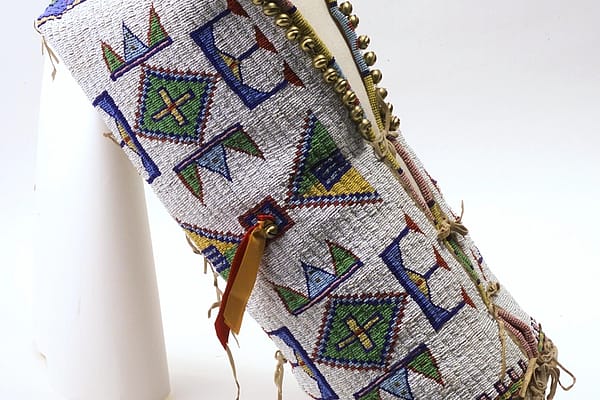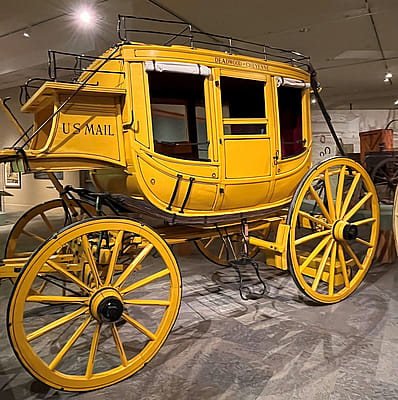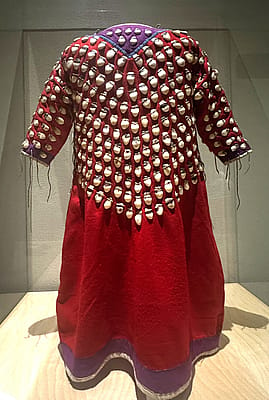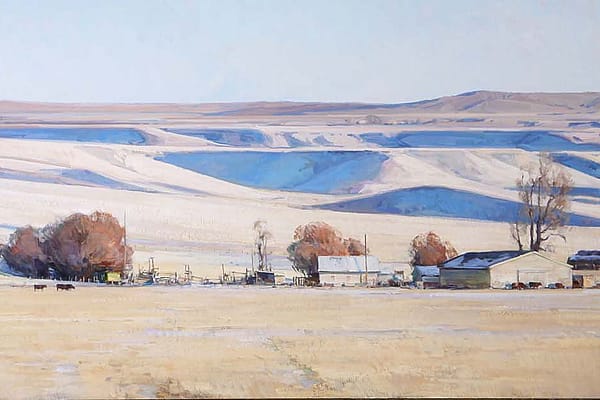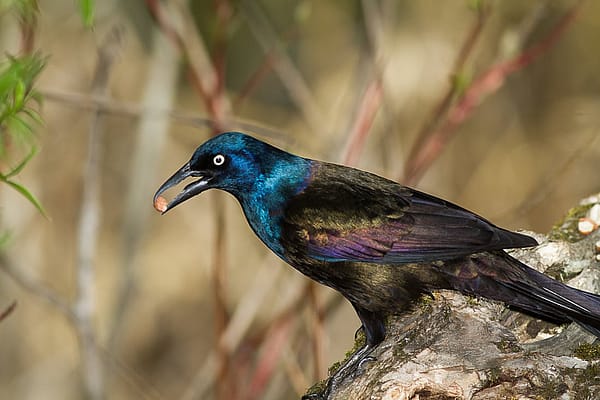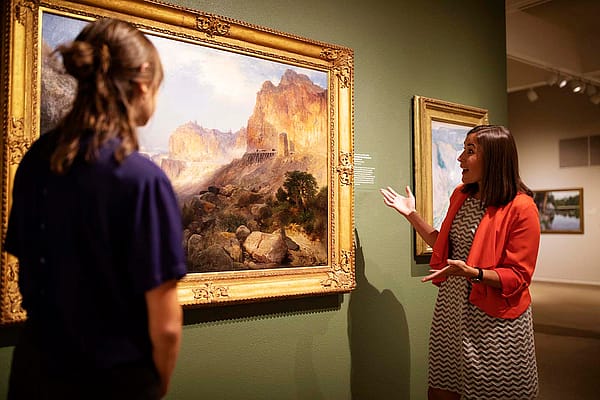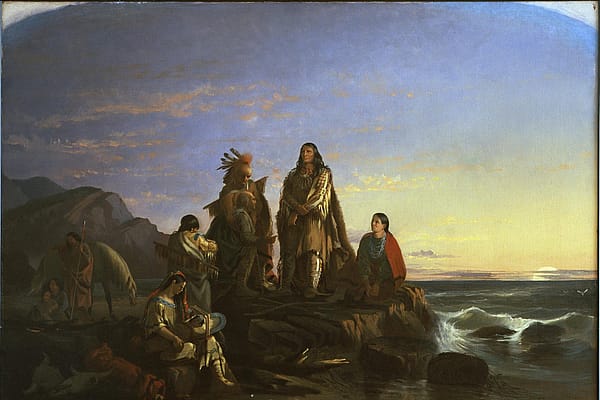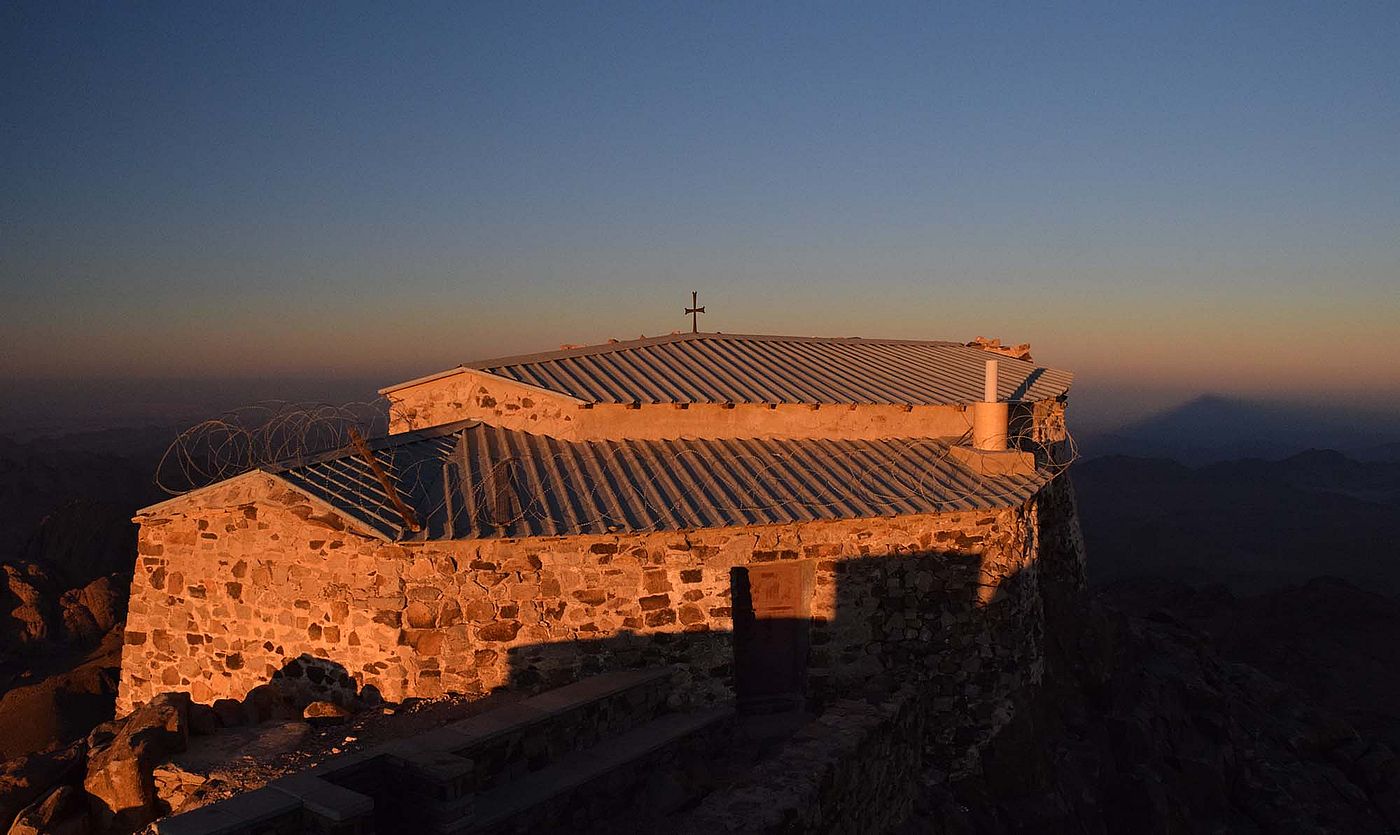
World to Wyoming at the Center of the West
World to Wyoming highlights research work done by University of Wyoming Global Studies students and the adventures of its own senior fellow.
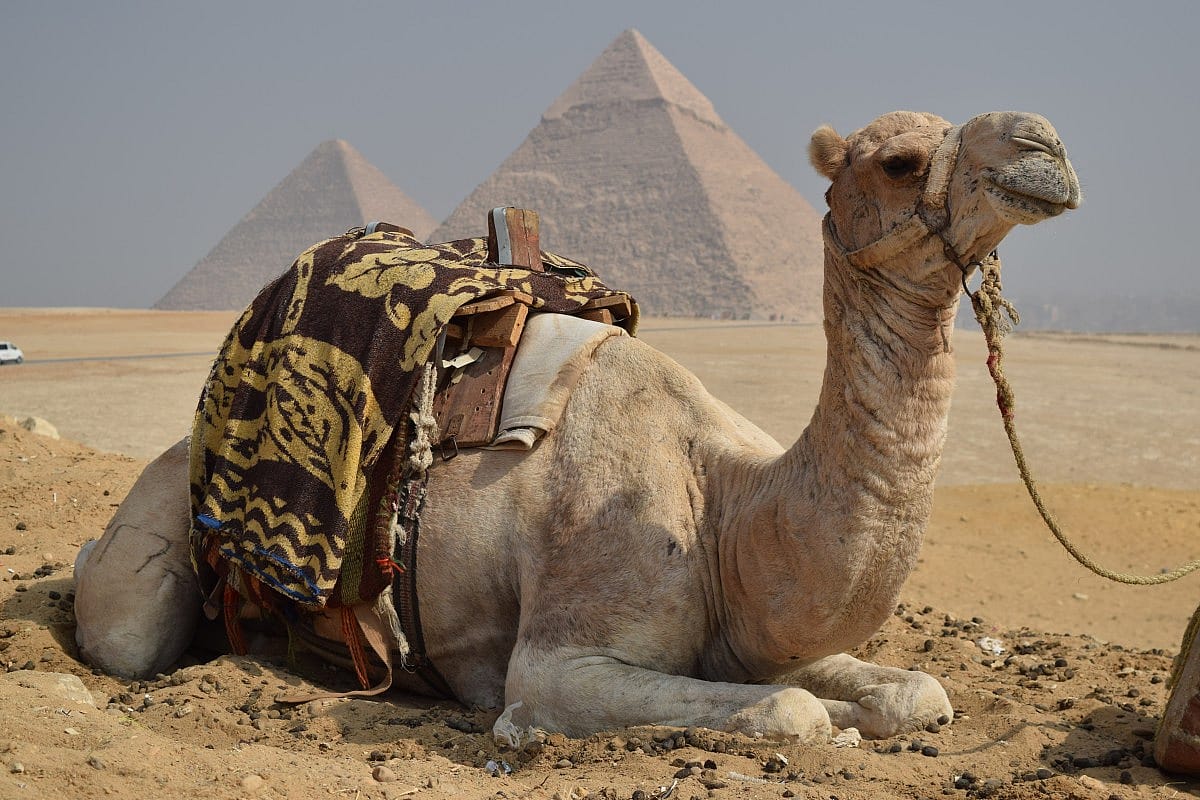
The two hour lecture battled three very different topics: religious tolerism, sex trafficking and the role of oil and gas companies in our ever changing world. But the one thing in common was The University of Wyoming Center for Global Studies. The Center for Global Studies (CGS) hopes to bring the world to Wyoming by supporting student and faculty internationally focused research. Below are snippets of interviews with Kamila Kudelska.

“Sex Trafficking at a Crossroads in the Republic of Georgia” by Misty Springer
Misty Springer recalled her favorite quote from her research.
It was “A young woman who had just finished her master’s degree and her mom said, “Okay, finally you have your master degree and now get married,” because you’re a more eligible wife now. And that’s really what she’s struggling with. What she wants to go and do and be and her mom is saying no you need to come home and be a mother because that’s your supreme function.”
Springer’s research started by looking at the policies of sex trafficking but after she was able to travel and do research in the Republic of Georgia, she realized the real research needed to be about the experiences on the ground.
“Their policies are a little bit more progressive and ahead, then the reality of the culture on the ground. And that’s a really interesting conundrum where we want to go as a nation, what we believe is possible and where we really are now, especially in the role of women and gender equality.”
By looking specifically at specific experiences in Georgia, Springer realized this dynamic exists all over Eastern Europe and former Soviet Republics. She believes losing Soviet Union’s viel of security allowed for such a phenomenon as sex trafficking to proliferate in these area, not only in Georgia. Springer hopes that by unpacking what Georgia is struggling with, it can help to understand a bigger picture.
You can read more about Springer’s research here
“Royal Dutch Shell and the Energy Climate Challenge” by Marco Polo
Marco Polo (yes, that’s his real name) fell in love with energy when he moved to Texas from Europe. He wanted to understand how oil and gas companies are dealing with the issues of climate change. Especially since these companies account for about 52 percent of the global consumption of energy. So he traveled to a place call the Hague.
“The Hague in the Netherlands is a little south of Amsterdam. It is the Royal Dutch Shell’s headquarters. It is a Dutch company and I went there to do some research and interview employers and retirees for around five to six weeks. So that was my purpose of going there because I wanted to see what the true kind of corporate culture within this company.”
By interviewing current and retired employees, Polo found Royal Dutch Shell to be both reactive and proactive to climate change. His perspective slowly changed. These companies are not out there to continue climate change and hurt the earth but rather they’re doing their best to provide the world with energy with the right balance of energy resources. Polo said this was adequately portrayed in his final question to all the interviewee’s, “Are oil and gas companies going to become general energy companies in the future?”
“Generally, all the interviewees said yes absolutely. Obviously we’re looking to increase natural gas because we have a lot of it and it’s a lower emitting resource but at the same time were looking 20 years towards the future and the more and more the world uses electricity the more we can use renewables and the more they can diversify their computer portfolio and so that seemed to be where these companies are headed and I’m very much looking forward in the next couple years to see where the world will be and what these oil and gas companies can produce for the people.”
You can read more about Polo’s research here.
“Camels, Climbing and St. Catherine: An Expedition to Egypt” with Mark Jenkins
Mark Jenkins, a writer and residence at the University of Wyoming and writer for the National Geographic, was tired of the cold.
“I’d been told by this British climbing buddy of mine, Dave Lucas, that there was something there that people didn’t know much about. That’s really the point of adventure is to encounter the unexpected.”
So Jenkins, along with four other Wyoming climbers, traveled to the South Sinai in Egypt. The group spent a month climbing granite walls creating new long routes and learning about the people of the area.
“One of the aspects of this show is about adventure. The other aspect is for us to reevaluate our stereotypes of the Middle East because we tend to think of it as monolithic. Many Americans kind of imagine that just this whole part of the planet is a big mess. And that’s simply not true. There are a lot of oases of peace. There are a lot of places where people are living in harmony. They come from different ethnicities. They come from different religions and they still know how to get along together.”
Jenkins came back from Egypt with a new awareness. As he usually does after hundreds of expeditions. But this time, he really felt it important for Americans to be aware of other cultures and try to understand them more.
“We [Americans] don’t tend to read a lot about other countries so our knowledge of other countries is limited. And when you have limited information it’s so easy to jump to conclusions, it’s so easy to have this stereotypical generalized, blanket view of someplace and we don’t like when someone does that to us. That’s important for Americans to recognize differences and to recognize nuance I think.”
Written By
Kamila Kudelska
Kamila Kudelska was the multimedia journalist for the Center and for Wyoming Public Media. In that role she told the hidden stories of all five museums and reported on the news of northwest Wyoming. Kamila has worked as a public radio reporter in California, Poland and New York. She enjoys skiing (both downhill and crosscountry) and loves to read. Since has since taken on a larger role with Wyoming Pubic Media.

